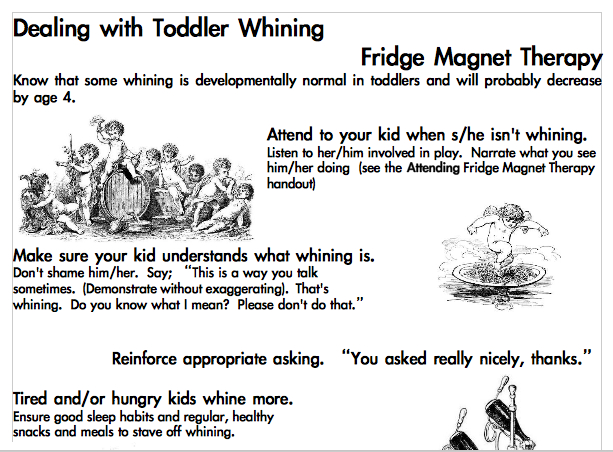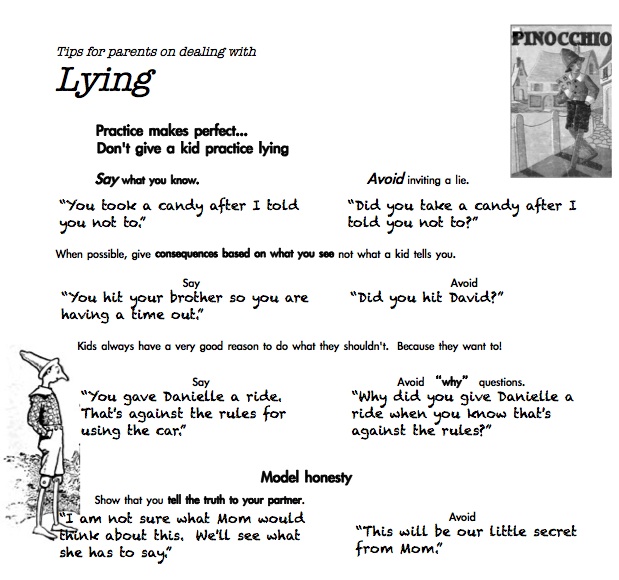When I worked in inpatient psych the stories people would tell me were always a mix of sadness and joy, brokenness and resilience, the ways family can heal and hurt, sometimes simultaneously, back and forth across generations. Drugs, what we call -- for lack of a better term -- mental illness and plain old human hurt wound together so tight the divisions between them become indistinguishable, the things that bring people into hospital are always part of a story of a family, trying, failing and succeeding in various ways to hold a human soul. The CBC radio documentary "Tragedy Builds a New Family" from the Sunday Edition took me back to that.
Burkhard Bilger's piece about kids riding bulls, "The Ride of their Lives" in Oklahoma and Texas in this week's New Yorker provides a fantastic illustration of how kids can grow and thrive in all sorts of lives and how our ideas about what childhood 'should' be are circumscribed by our tribe.
“I thought about a playground near my house in Brooklyn, in Park Slope. A couple of years ago, it was beautifully renovated by the city, with a rock-lined stream meandering through it and an old-fashioned pump that children could crank to set the water flowing. The stream was the delight of the neighborhood for a while, thronged with kids splashing through the shallows and floating sticks down the current. Yet some parents were appalled. The rocks were a menace, they declared. The edges were too sharp, the surfaces too slippery. A child could fall and crack her skull. “I actually kept tapping them to check if they were really rocks,” one commenter wrote on the Park Slope Parents Web site. “It seemed odd to me to have big rocks in a playground.” Within two weeks, a stonemason had been brought in to grind the edges down. The protests continued. One mother called a personal-injury lawyer about forcing the city to remove the rocks. Another suggested that something be done to “soften” them. “I am actually dreading the summer because of those rocks,” still another complained.
The parents at the camp flipped this attitude on its head. They valued courage over caution, grit over sensitivity. They revelled in the raw physicality of boys. The mothers sat in the bleachers taking videos and hollering advice—“Wyatt, just ride the way Daddy taught you!” The fathers straddled the chute, leaning over their sons to cinch the rope and shove the calf into position: “Are you ready?” “Yes, sir!” “You’ve got to take the fight to him.” “Yes, sir!” “You’ve got to want it.” When the gate blew open, they leaped up on the rail and watched their sons with clenched fists and narrowed eyes. They weren’t stage parents, for the most part. They just took following your bliss to its logical extreme. “I’d let my kid do whatever he has a passion for,” one mother told me, “even if he wanted to be a piano player.””
"Even if he wanted to become a piano player" instantly become a piece of shorthand at my house.
Finally, I have been thinking about that stupid bromide "It takes a village to raise a child," because of the reaction that has been prompted by two similar law-suits filed by people who have left hasidic communities, one just outside of Montreal (Mike Finnerty conducted a really thoughtful interview with Yohanan Lowen, the man formerly of the Tosh community; you can get there if you follow the link to audio). I don't write about it much, but I have spent a lot of time working with ultra-Orthodox Jews in various settings. One thing that the reaction to these two stories illustrates to me is how confused we (by that I mean everyone who isn't an ultra-orthodox Jew or part of some other tight-knit, small traditional community) are about 'community.' We value 'community' in the abstract, we love to say "it takes a village to raise a child" but we have little experience of the travails of living in a village. Someone I know who grew up in Grenada told me that if he did something wrong at school he would get spanked by the teacher and then when he walked home, the neighbour-ladies on his street would see him come by, crying, and each in turn would call him by name up to their front porch and each one would give him yet another spanking because they knew why he was crying "You didn't listen to the teacher?" To me this is a perfect illustration of the mixed-blessings of growing up in a village. Tight-knit communities are tight-knit because people feel responsible for one another and entitled to enforce compliance to community standards, in particular when it comes to kids. They coerce people to act right. They are conservative; they do not value change and are wary of outside ideas and different people. Some communities are more like this, some less but you can't have maximum individualism and still eat the cake of a shared set of values and communal responsibility. There is a reason people are leaving villages all over the world; we live in an age where personal expression and individualism are more important than adhering to norms set by the past and our neighbours.
Three angles on how those around us grow us up into who we are.







